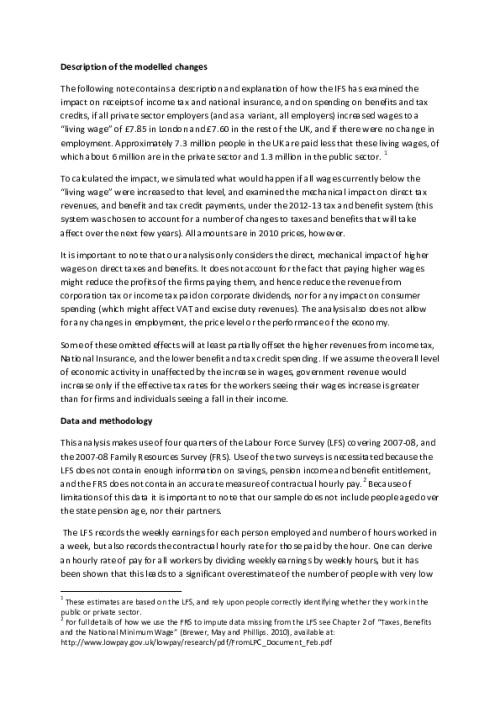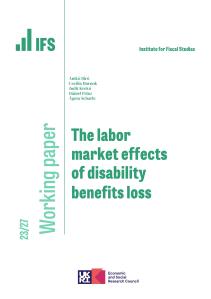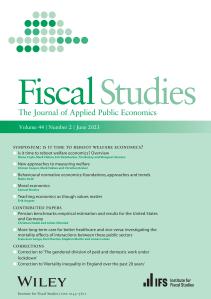Downloads

living_wage2010.pdf
PDF | 223.43 KB
The following note contains a description and explanation of how the IFS has examined the impact on receipts of income tax and national insurance, and on spending on benefits and tax credits, if all private sector employers (and as a variant, all employers) increased wages to a "living wage" of £7.85 in London and £7.60 in the rest of the UK, and if there were no change in employment. Approximately 7.3 million people in the UK are paid less that these living wages, of which about 6 million are in the private sector and 1.3 million in the public sector.
Authors

Mike Brewer

Associate Director
David is Head of Devolved and Local Government Finance. He also works on tax in developing countries as part of our TaxDev centre.
Report details
- Publisher
- IFS
Suggested citation
Brewer, M and Phillips, D. (2010). IFS analysis on the "living wage". London: IFS. Available at: https://ifs.org.uk/publications/ifs-analysis-living-wage (accessed: 2 July 2024).
More from IFS
Understand this issue

Election Special: Your questions answered
27 June 2024

What is the two-child limit in benefits?
27 June 2024

Election Special: The Labour manifesto explained
14 June 2024
Policy analysis

How would the parties’ tax and spending plans affect Scotland and Wales?
28 June 2024

What are the parties’ plans for benefits and taxes?
24 June 2024

How should we interpret parties’ public spending pledges this election?
23 June 2024
Academic research

The labor market effects of disability benefit loss
29 September 2023

Is it time to reboot welfare economics? Overview
5 September 2023

The menopause "penalty"
18 March 2024